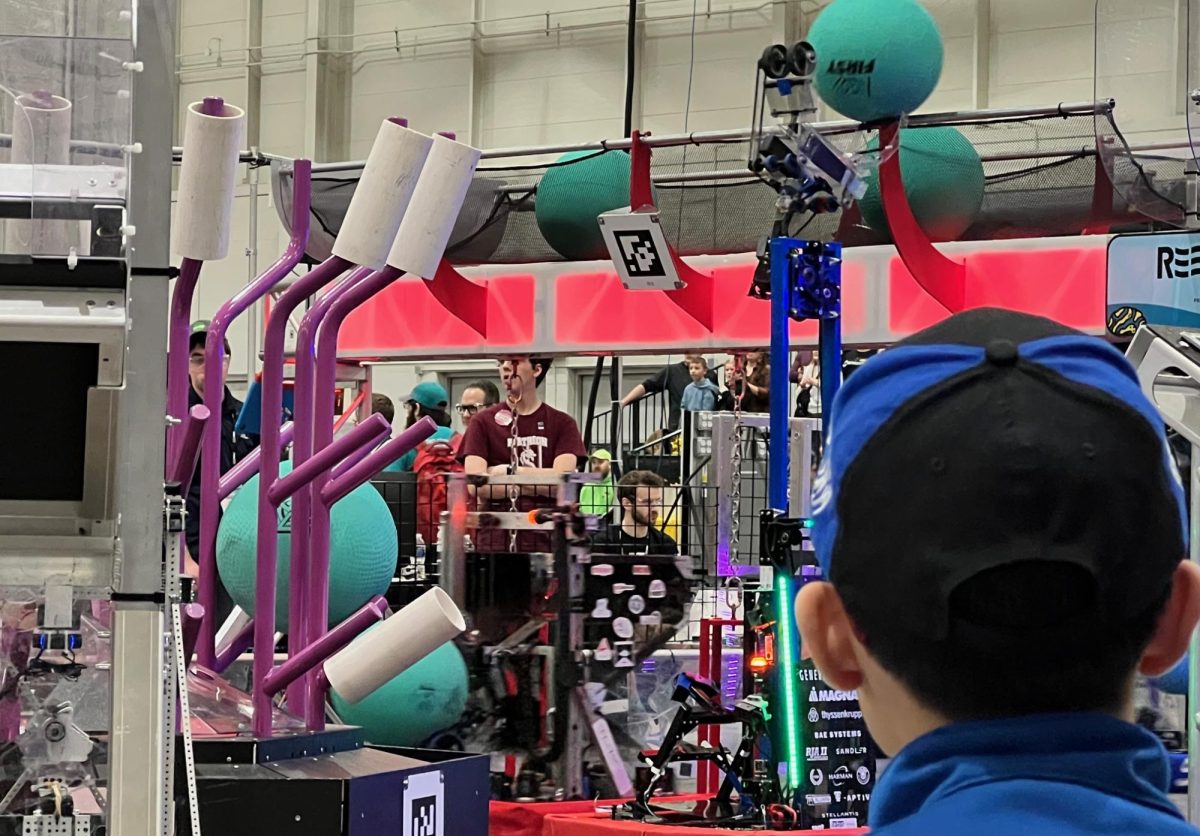The students in modern times have first-hand experience with the development of video games yet it can have negatives too. It can affect their outlook on both academics and social life.
Video games have become a significant part of students’ lives in modern times, influencing their academic and social experiences within school environments. Understanding the impact of video games on students is crucial as it can help educators and parents guide them toward a balanced lifestyle that incorporates both gaming and academic responsibilities.
The positive effects of videogames on students are apparent. Many video games require strategic thinking, problem-solving, and quick decision-making. These skills are transferable to academic subjects such as math and science, where students need to apply logic and critical thinking to solve problems. For instance, games that involve building structures or managing resources can enhance geographical awareness and planning skills, which are economics. Moreover, certain educational games are designed specifically to reinforce classroom learning, making the acquisition of knowledge more engaging and interactive.
Additionally, video games offer a valuable outline for stress relief. The immersive nature of gaming can help students unwind after a long day of classes and homework. Engaging in a favorite game can provide a mental break from academic pressures, allowing students to return to their studies with a refreshed mind. This stress relief is particularly important in today’s fast-paced educational environment, where students often face high expectations and tight schedules. By providing a means to relax and recharge, video games can contribute to better mental health and overall well-being.
Multiplayer games, in particular, foster social connections. These games often require players to collaborate and communicate effectively to achieve common goals. Through online gaming communities, students can make new friends and build teamwork skills in virtual environments. This social interaction can be especially beneficial for students who may struggle face-to-face communication or who feel isolated in their school environment. By participating in multiplayer games, they can develop a sense of belonging and improve their social skills.
The potential negative impacts of video games on students become evident. Excessive gaming can lead to poor time management. When students prioritize gaming over homework and studying, their academic performance may suffer. This can result in lower grades and a lack of preparedness for exams. For example, a student who spends several hours a day playing video games may find it challenging to complete assignments on time or to study effectively for tests. This time spent on video games could be spent on productive academic activities.
Furthermore, spending too much time on video games can contribute to social isolation. Students might choose virtual interactions over real-life social interactions, which can lead to feelings of loneliness. While online friendships can provide companionship, they cannot replace the benefit of in-person interactions. Face-to-face communication helps students develop empathy, body language interpretation, and other essential social skills that are crucial for forming meaningful relationships. Therefore, a dependency on virtual interactions can impede the development of these skills.
Additionally, the content of some video games can have a negative influence on students. Games that depict violence or promote aggressive behavior can desensitize players to real-world violence and contribute to aggressive tendencies. Younger students, in particular, may have difficulty distinguishing between appropriate and inappropriate behaviors, leading to potential behavioral issues both in and out of school. Parents and educators need to monitor the types of video games students are playing and to provide guidance on making responsible gaming decisions.
In conclusion, video games have a good and bad impact on students in school environments. While they can enhance mental abilities, provide necessary stress relief, and foster social connections, students must balance gaming with their academic responsibilities and real-life social interactions. By finding balance, students can enjoy the benefits of gaming without compromising their education and social development. Parents and educators play a vital role in helping students achieve this balance by setting appropriate boundaries and encouraging healthy gaming habits. Through mindful engagement with video games, students can harness the positive aspects of gaming while mitigating potential drawbacks.






